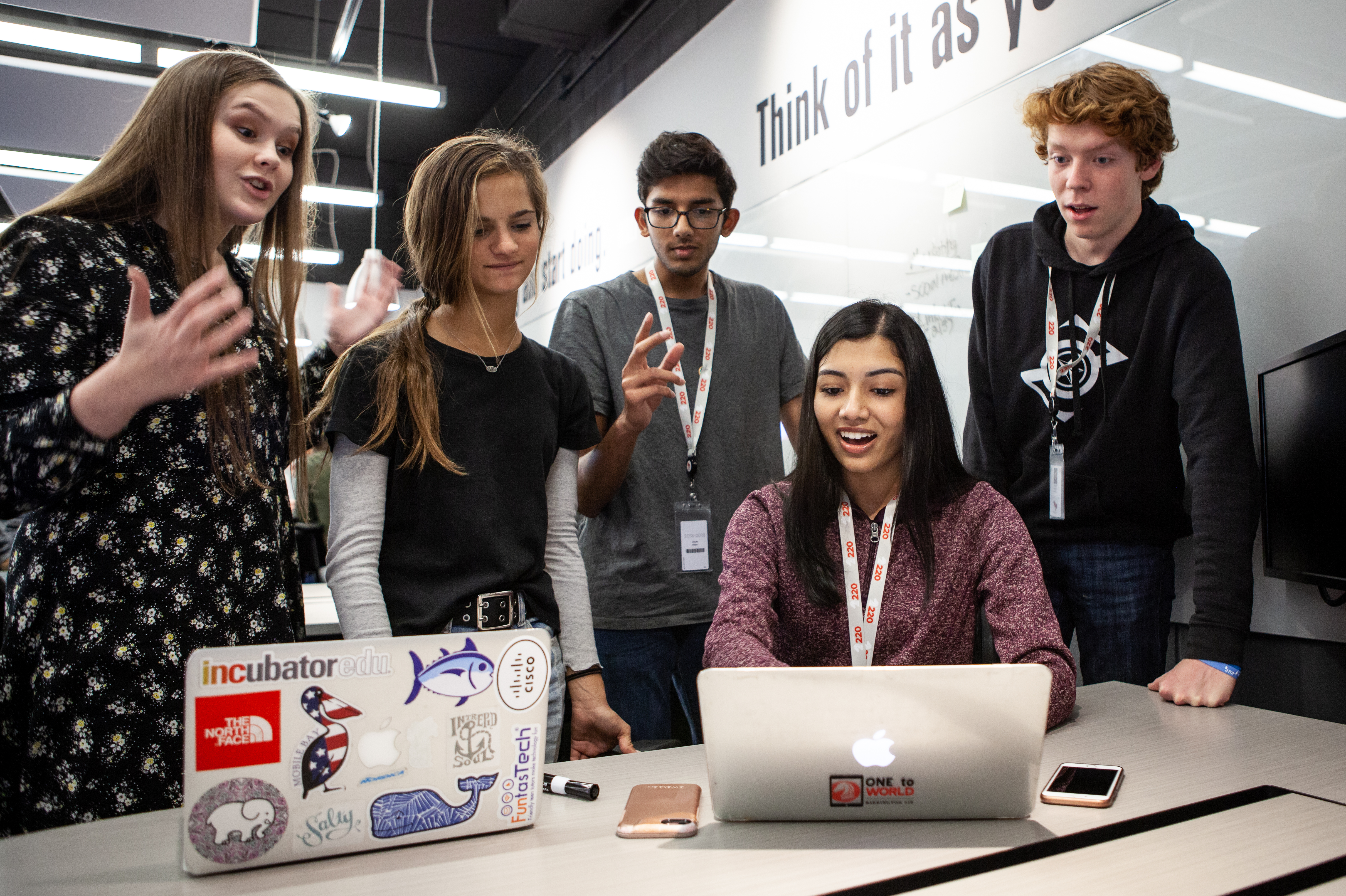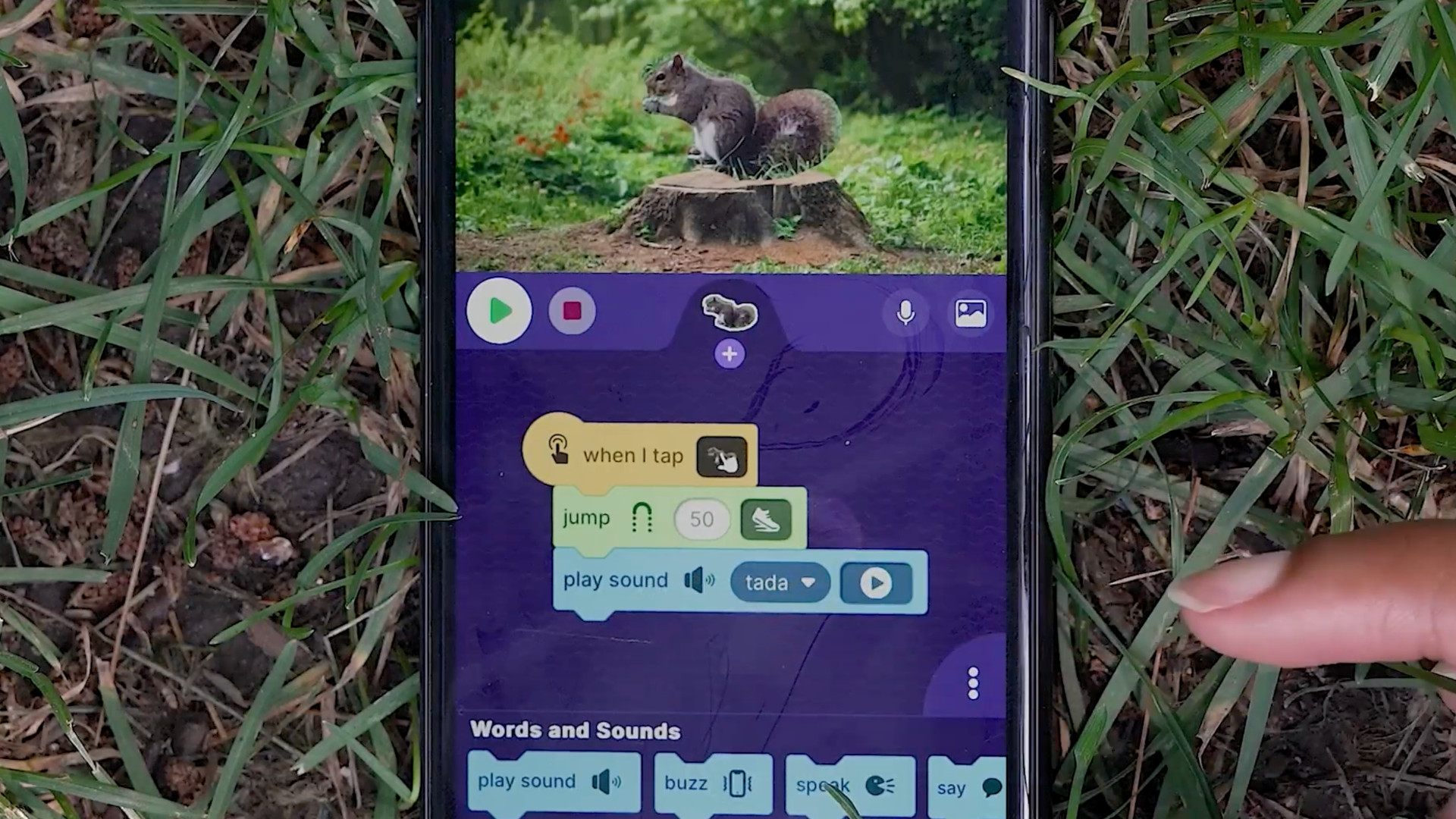INCubatoredu: How Entrepreneurial Education Delivers Experiential Learning
An Illinois high school hosts its own version of ‘Shark Tank’ with INCubatoredu

When Hagop Soulakian was hired to launch INCubatoredu, an entrepreneurial curriculum at Barrington High School in 2012, it was the first of its kind in a U.S. high school. He brought his experience as an athlete and a commodities trader at the Chicago Mercantile Exchange and injected a sense of real-world into the program as it developed. A unique partnership between the school district, the district’s educational foundation, and local business formed the initial program. Then Uncharted Learning, a local not-for-profit, developed the INCubatoredu entrepreneurial education program to be available to schools beyond Barrington. It is now taught globally for elementary, middle, and high school.
“Regardless of what field students eventually decide to pursue after high school, INCubatoredu provides them with the opportunity to develop their communication, problem solving, and collaboration skills – essential in today’s workforce,” says Soulakian. “I wanted to encourage students to go where they never imagined.”
Students work together to develop a product or service and are coached by real-world entrepreneurs and business experts who guide students through ideation, market research, and business plan development. Throughout the process, students learn marketing, accounting, human resources, and the legal aspects of creating a sustainable business, culminating in Pitch Night, their own version of ‘Shark Tank.’
To test their entrepreneurial grit, students pitch real investors on their ideas to win funding for their companies. Successful students win funding and launch their companies in year two with the continued support of mentors and business experts.
INCubatoredu: Working With Mentors
For Barrington students, INCubatoredu classes are different from any courses they’ve taken previously. Mentors meet with students once per month. Their role is to question and challenge students, forcing them to defend their ideas about their business model. They are not there to provide answers—just resources—so that students are empowered to discover the answers for themselves.
“The ROI on this program is seeing students develop a vision, further their intra- and inter-personal skills, participate in evidence-based learning, problem solving, utilizing mentors—all of which is preparation for college and life,” says Soulakian.
Over the years, the Barrington program has had 170 program volunteers, some of whom have been involved since the launch. “Entrepreneurship is about risk,” says Soulakian. “We are building a foundation for what comes after college for these kids. The skills they learn working with teams will benefit them no matter what they do.”
Tech & Learning Newsletter
Tools and ideas to transform education. Sign up below.
The value of the program is echoed by Margarita Geleske, chief evangelist for Uncharted Learning. She helps educators understand that a rigorous, hands-on, real-world program actually increases students’ abilities to learn.
“Entrepreneurship is a discipline that can be taught,” she says. “One of the most valuable skills students learn is working together as a team to figure out how to move forward within a time constraint. This builds resilience.”
INCubatoredu is being used in districts across the country. “We hope that authentic, experiential learning becomes the norm in education—moving away from memorization to a practical, lived experience,” Geleske says.
Annie Galvin Teich has more than 25 years' experience in education writing and publishing. She is an edtech industry expert in content marketing and copywriting. As a regular contributor to Tech & Learning she focuses on the information needs of district decision makers.
